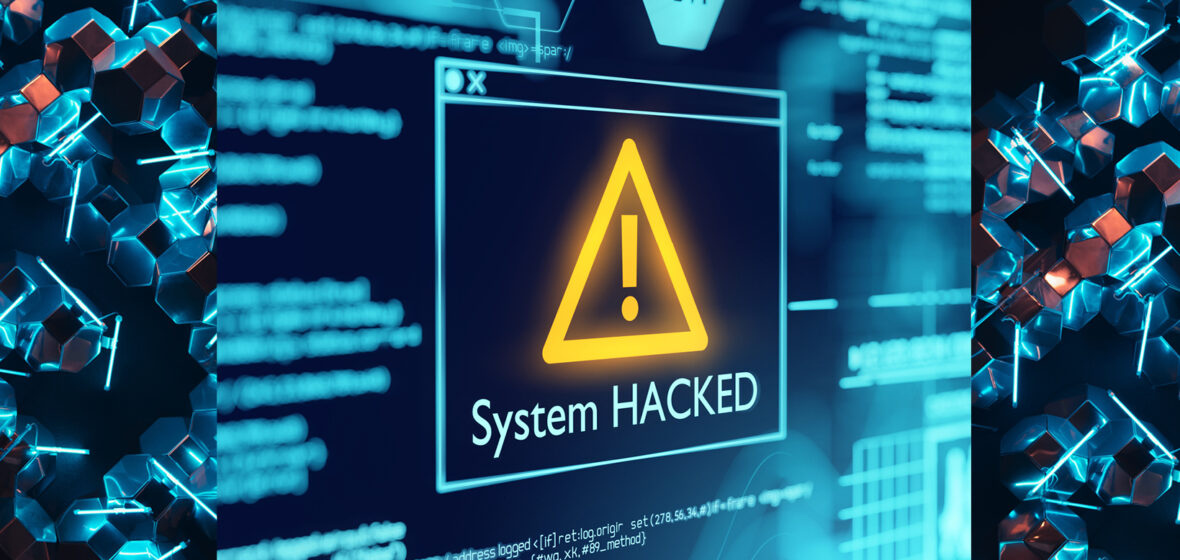
IT Support & SecurityWritten By: Suman Kumar Paul
Over the past year, the world has encountered many cyber-attacks on important infrastructure, each of which has had a terrible worldwide effect.
Every day, we get reports from businesses that have been victims of cyber assault. Most of these cyber-attacks can be traced back to one common concept: outdated or ineffective security hardware and configurations.
As we assist our customers to recover from these unexpected and traumatic occurrences, we are commonly questioned on how the attacks could have been eliminated. Intending to assist businesses in avoiding or reducing their risk of being a target of a cyber-attack, here are some simple and comparatively affordable techniques to safeguard against cyber security threats and strengthen data security:
Limiting Access Privileges to Your Information & Data
Restricting access to your firm's sensitive data lowers the possibility of human error. Employees should only have access to the tools and data needed to perform their job responsibilities.
If an individual resigns from the organization or transfers to another site, perform instant precautionary measures, such as deactivating credentials and accounts across all databases and seizing corporate ID cards and access cards.
Update All Software and Operating Systems Continuously
If you do not properly patch and upgrade every application on every device used by your staff, or else it can expose you to a cyber assault.
While acquiring a fresh computer or installing a brand-new software package, continually look for updates. It is important to understand that software providers are not mandated to offer security patches for outdated products. Never delay installing operating system updates. These patches incorporate new or improved security features and scripts.
Firewalls, Including Software and Hardware, Must Be Configured & Activated
Firewalls can safeguard against harmful cybercriminals and protect employees from accessing harmful websites. Configure and manage firewall technology on all workplace computers, smartphones, and connected technologies.
Even though you employ a Cloud Service Provider (CSP) or a virtual private network, incorporate VPN. You could also wish to deploy an Intrusion Detection/Prevention System (IDPS) for additional security.
Configure Web and Email Filters
To avoid cybercriminals and minimize spam from flooding employee mailboxes, deploy email and web browsing filters. You can also utilize "blacklist" services to prevent individuals from visiting unsafe web pages which include viruses.
Educate your personnel about websites that are associated with cyber security issues, including sexual websites or social media platforms. This may sound obvious, but it only requires one person visiting the inappropriate website to unintentionally download malware into your firm’s computer systems.
Encryption For Confidential Business Data
To secure all your Desktop computers, notebooks, and cellphones, use full-disk encryption. Maintain a separate record of your encryption password or keys in a safe location outside your backups.
Email receivers usually require the same encryption capabilities to decrypt. Never share the password or key along with the encrypted document in the same email. Provide it to them over the phone call or any other means of communication.
Properly Dispose of Old Equipment & Storage Devices
You should delete all sensitive hard disk data before discarding or trashing outdated computers. Delete all confidential personal or business data that can be stored on obsolete CDs, USB sticks, or other mediums. Next, either trash these materials or transfer them to a shredding service. Use a crosscut shredder or an incinerator to discard critical printed data.
Employee Training
A cyber-aware workforce is your strongest line of defense against cyber security risks. Every employee needs to be aware of:
Train all new employees on how to secure sensitive data and have employees accept your information security policy. Employ newsletters and/or periodic workshops to foster your cybersecurity awareness.
Final Words
Whenever it comes to important infrastructure and Operational systems, security is usually the priority. However, considering the rapid pace and everchanging nature of today's cyber landscape, businesses must look to implement increasingly diverse and flexible cybersecurity solutions and threat intelligence for detecting both threats and malicious attacks.
We have covered the important measures for safeguarding your precious data and information. For more information on cybersecurity best practices for enterprises in India, please contact our cybersecurity specialists at info@vareli.co.in.
TAGS - data security service managed security service information security management services best it security solutions cyber security service providers security
See Also - Privacy policy for Vcommute Application